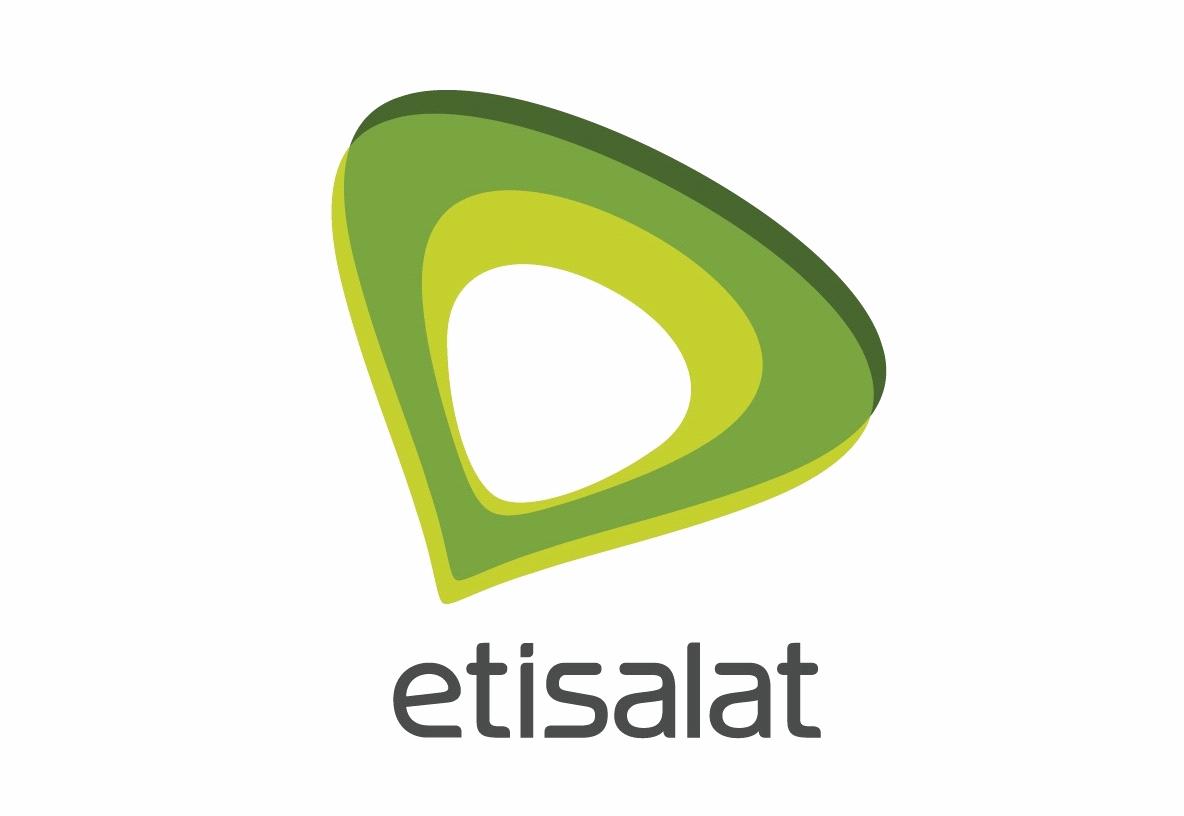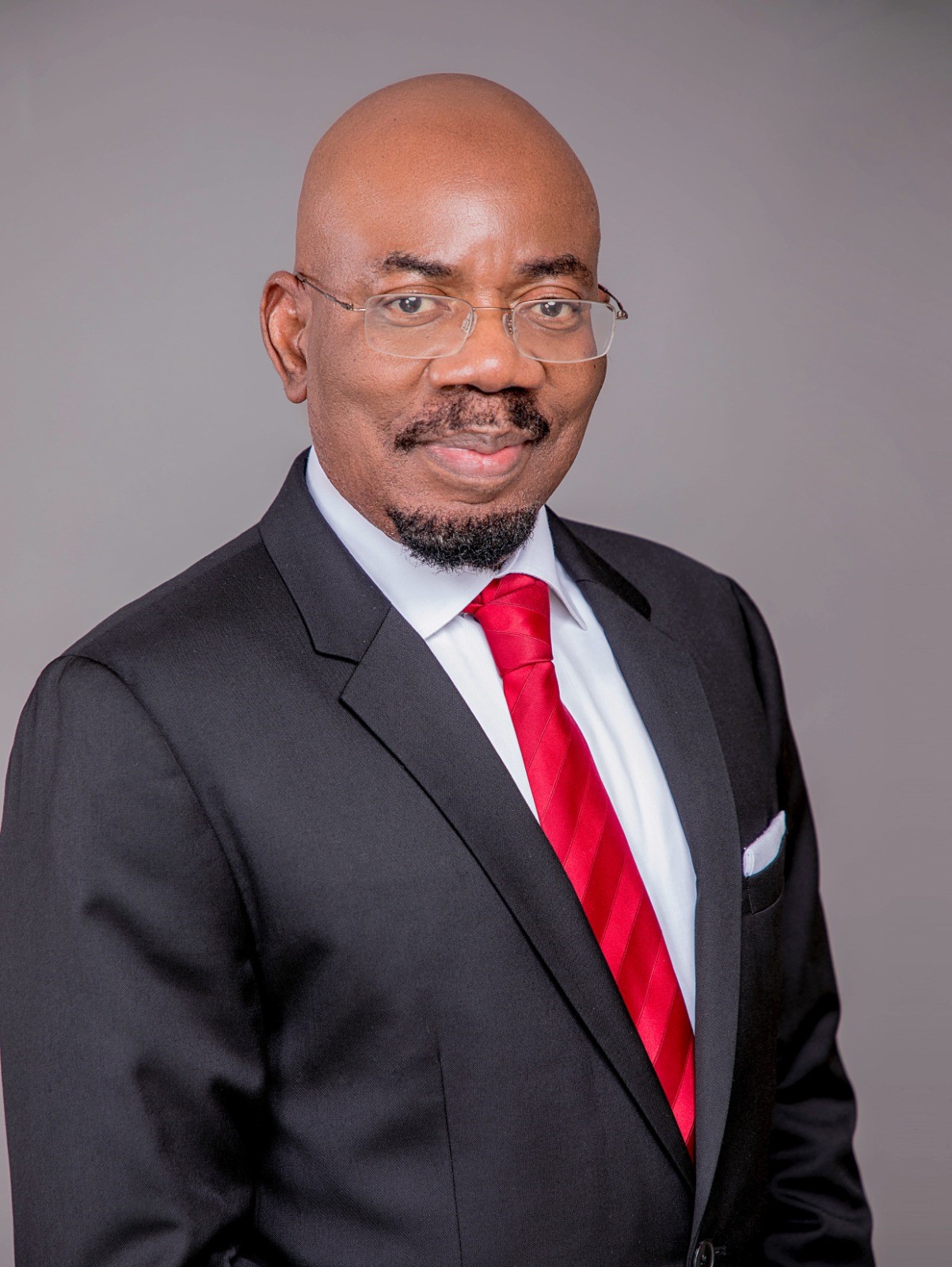The proposed $2.4 billion asset sale by energy giant Shell to Renaissance Africa Energy has become the focal point of intense scrutiny as the Federal Government of Nigeria aims to ensure transparency and regulatory compliance in the transaction.
The deal has sparked widespread interest and raised questions about its implications for the country’s energy landscape.
Shell, a prominent British energy major with a century-long history of operations in the Niger Delta, announced in January its intention to divest its Nigerian onshore subsidiary, Shell Petroleum Development Company of Nigeria Limited, to Renaissance Africa Energy.
This landmark agreement, if finalized, would represent a pivotal moment in Nigeria’s energy sector dynamics.
Renaissance Africa Energy, a consortium comprising five companies, including four Nigerian-based exploration and production firms and an international energy group, has confirmed its participation in the deal.
The consortium’s involvement underscores its strategic positioning to capitalize on Nigeria’s vast energy resources and contribute to the country’s economic development.
The proposed transaction, however, is contingent upon approvals from the Federal Government of Nigeria and other relevant regulatory bodies.
To ensure adherence to regulatory protocols and safeguard national interests, the government has initiated a comprehensive due diligence process, commencing with a high-level meeting held on Monday.
Parties involved in the deal, alongside officials from the Nigerian Upstream Petroleum Regulatory Commission (NUPRC), convened in Abuja for a thorough examination of the transaction details.
Gbenga Komolafe, the Chief Executive of NUPRC, outlined the government’s objective to conclude the divestment exercise by June, underscoring the importance of timely and meticulous evaluation.
Komolafe revealed that the government has enlisted the expertise of two globally renowned consulting firms, S&P Global and the BCG Group, to facilitate the due diligence process.
These consultants, recognized for their proficiency in financial analysis and regulatory compliance, will collaborate with NUPRC to ensure that the transaction aligns with industry best practices and regulatory standards.
The due diligence meeting served as a forum to discuss the proposed divestment of Shell’s participating interests in the SPDC JV assets, which are currently operated by the Shell Petroleum Development Company of Nigerian Limited.
These assets, awarded as Oil Exploration Licence-1 in 1949, have played a pivotal role in Nigeria’s hydrocarbon industry, contributing significantly to the nation’s crude oil and gas output.
With an estimated total reserve of nearly 5 billion barrels of oil and extensive gas resources, the SPDC JV assets hold immense strategic importance for Nigeria’s energy security and economic prosperity.
However, as Nigeria seeks to optimize its energy sector operations, the selection of a responsible and capable successor to manage these assets remains paramount.
As discussions continue and the due diligence process unfolds, stakeholders remain optimistic about the prospects of the deal.
Representatives from Shell, Renaissance Africa Energy, and regulatory authorities expressed their commitment to ensuring a transparent and seamless transition, with the overarching goal of advancing Nigeria’s energy sector agenda.
The outcome of the scrutiny surrounding Shell’s $2.4 billion asset sale will not only shape the future of Nigeria’s energy landscape but also demonstrate the country’s commitment to fostering a conducive investment environment and promoting sustainable development in the oil and gas sector.


 Forex4 weeks ago
Forex4 weeks ago
 Naira3 weeks ago
Naira3 weeks ago
 Billionaire Watch3 weeks ago
Billionaire Watch3 weeks ago



 Naira3 weeks ago
Naira3 weeks ago






 Naira3 weeks ago
Naira3 weeks ago


 Naira2 weeks ago
Naira2 weeks ago






 Naira2 weeks ago
Naira2 weeks ago
 Commodities4 weeks ago
Commodities4 weeks ago























